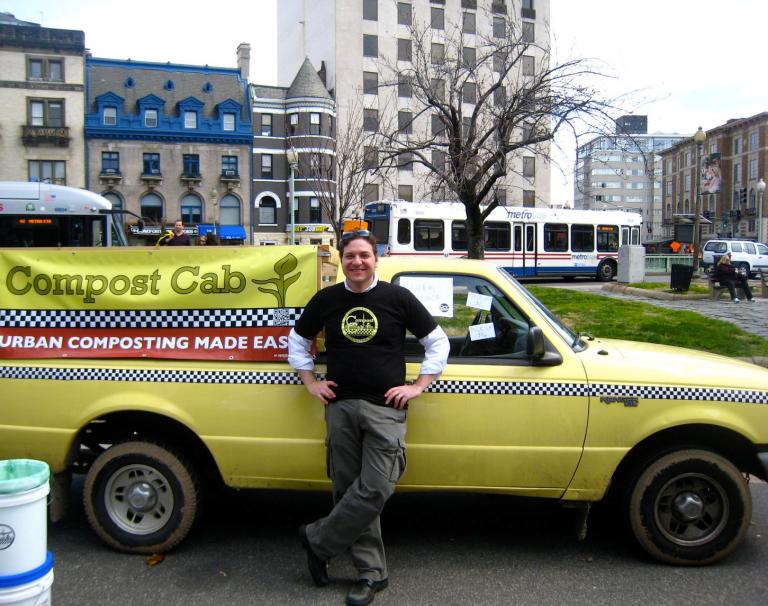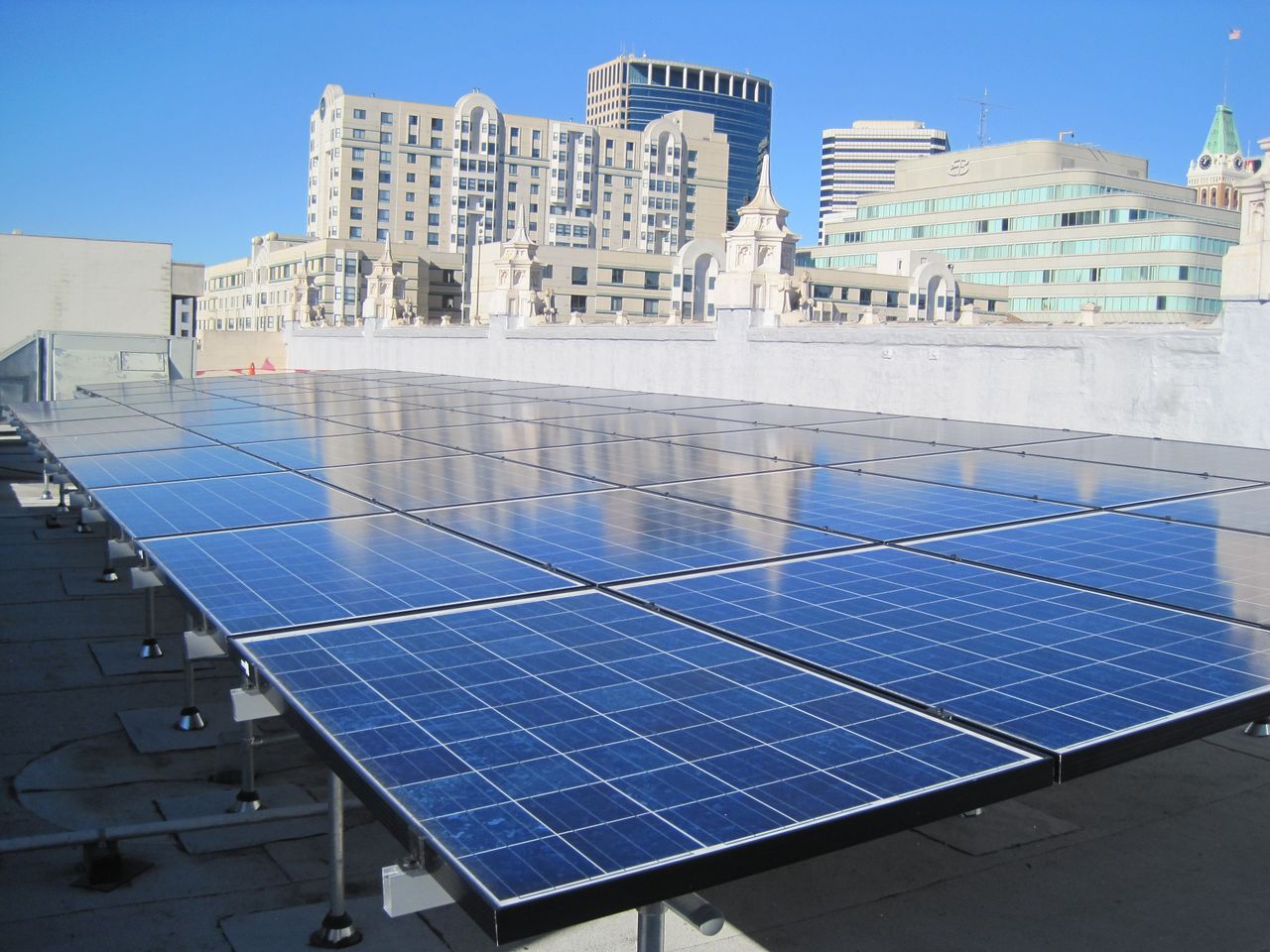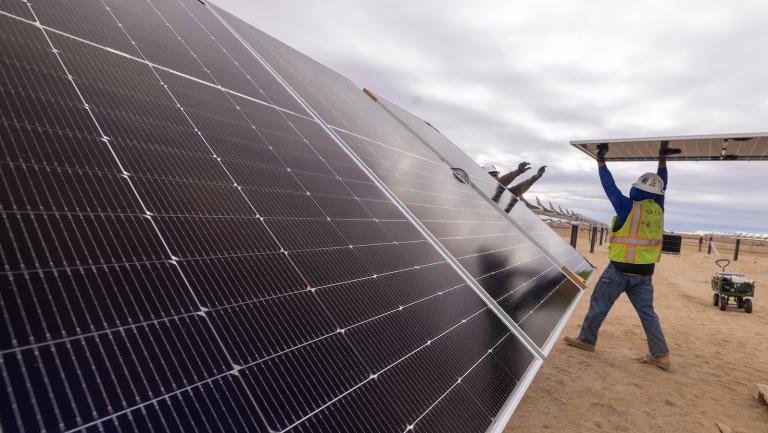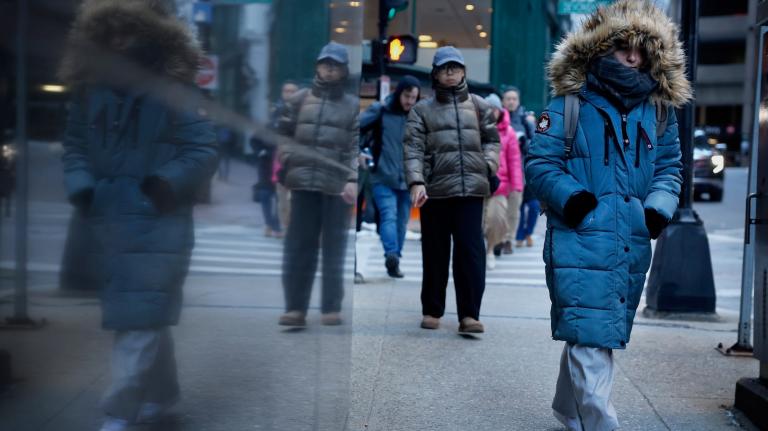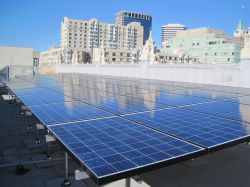
Photo by Solar Mosaic.
I was once in a meeting with a guy who sold and installed solar panels. When he asked a woman sitting next to him if she’d thought about putting solar panels on her house, she replied that she’d love to, but she couldn’t afford it. His response came with the casual immediacy of the salesman: “That’s what you think.”
The challenge to broad adoption of solar used to be a lack of awareness. Now, it’s often a lack of capital. People understand that solar promises to save on utility costs over the long term, but many are discouraged by the investment cost of installation and the time it takes to recoup. One approach to offsetting those initial costs is the revolving loan fund, a pool of money often from a government body that provides initial capital the borrower can repay from the eventual savings. Once the loan is repaid, the fund invests in another similar project.
Oakland’s Solar Mosaic takes a different tack. Its process, as Greg Hanscom outlined in April, is to create a one-time pool of investors who provide initial capital — a strategy often compared to Kickstarter or Kiva. It’s brilliant in its simple adherence to the tried-and-true: You invest, money is made (in the form of reduced electric bills), you are repaid. (Currently, the pool doesn’t return any interest on the loans, but it’s easy to imagine that it someday could.) The company is still in its beta stage, but it has already tapped over 400 investors for five installations.
The Department of Energy is also optimistic. Yesterday at its SunShot Grand Challenge Summit in Denver, the department announced that Solar Mosaic would receive a grant of up to $2 million. In a blog post the company explained how it planned to use the grant.
Currently, around 25% of the price of solar installations is due to financing and customer acquisition costs, known as soft costs. Mosaic’s unique online crowdfunding platform will help the SunShot Initiative reduce these soft costs while enabling millions of Americans to own a piece of the growing clean energy economy.
Yesterday, we noted that the market for solar is expected to double this year. Much of that will be commercial installation, but a drop in the up-front cost of installation could expand it to homes, multiple-unit residences, and small businesses.
You can’t afford solar? Solar Mosaic’s response should be simple: That’s what you think.
